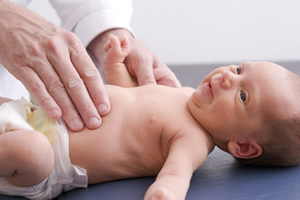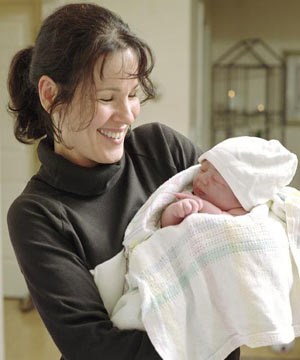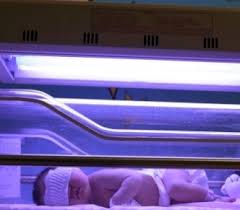A recent report about the detection of a rare genetic disease in newborn twins has highlighted the importance of newborn screening. When twin baby girls were born to Megan Gonzales at 38 weeks, everything seemed fine, however the babies soon showed worrying signs such as poor feeding patterns, lethargy and needed to remain in hospital.
However the California state screening program was able to detect a rare genetic disorder even as the condition of the twins worsened. It was a deadly inherited disorder called methylmalonic acidemia which prevents the metabolism of certain fats and proteins. Doctors report that without the screening program, the babies may have slipped into a coma and could even have lost their lives.
The newborn screening programs that are offered vary from state to state and region to region and the one offered by California is thought to be the most comprehensive and sophisticated.
 Starting out with screening for a disease called phenylketonuria, which, if left untreated could cause severe retardation, the state’s screening program now encompasses as many as 78 conditions.
Starting out with screening for a disease called phenylketonuria, which, if left untreated could cause severe retardation, the state’s screening program now encompasses as many as 78 conditions.
The importance of newborn screening
Screening can help to detect otherwise unapparent diseases and disorders that could be life threatening or which could hinder a baby’s normal growth and development.
The symptoms may not be apparent at birth and parents may not even be aware that they are carriers of certain genes responsible for the disorder, but the screening that uses blood tests can help to detect these problems that could cause lifelong impairment or even death.
These screening tests may be offered by the individual state’s screening program or can be purchased by the parents if they feel that they want to be doubly sure or if there is a family tendency to certain diseases and disorders.
The screening is done based on a blood sample obtained from the baby less than 24 hours after birth and then another specimen after 24 hours. If no abnormality is detected then the matter ends there, but if any abnormality is detected, specialists and other health care professionals are consulted and the family is informed so that appropriate treatment can be started immediately. Because of the screening program in California, as many as 750 infant abnormalities are detected each year.
In the case of the Gonzales twins, treatment included a liver transplant and today they are healthy, 16 month old babies.















